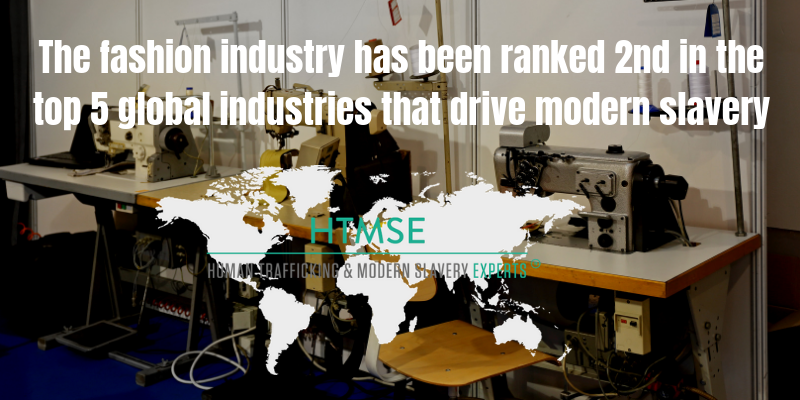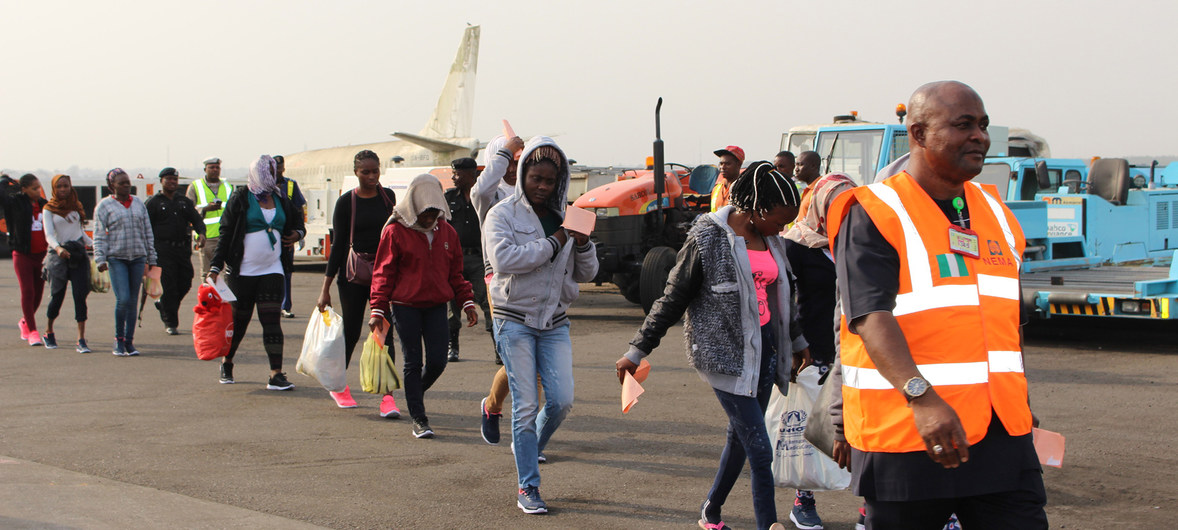
As the fashion industry makes increasing mark on modern culture and consumerism, the implications of cheap clothing are becoming further understood. Despite the lure of cheap apparel, there are hidden costs often in terms of a ‘human cost’ within the supply chains and production lines, unseen to the retail environment. The fashion industry has been ranked 2nd in the top 5 global industries that drive modern slavery.
Labour exploitation is endemic and inevitable with such competitively priced end products relative to the cost of production. Like other industries, there are 3 major stakeholder groups that must work together for a comprehensive modern slavery response – 1) government and legal bodies, 2) business owners and 3) consumers.
UK government action against modern slavery is at all time high, with 920+ live investigations underway in September 2018. According to the UK Modern Slavery Act, companies that turnover over £36 million are obliged to produce annual Modern Slavery Statements which detail how each company is regulating and addressing labour abuses within their supply chains, such as child labour, excessive working hours and inadequate pay. However, we are still seeing gaps in this legislation where the obligations conflict with business interests, who are battling for higher sales in a competitive fashion market.
The business owners of major fashion brands in the UK including John Lewis, M&S, New Look, NEXT, River Island and Shop Direct are stepping up towards tackling the issue as the industry is facing growing pressure from external groups. These 6 brands have made a new agreement to tackle modern slavery within the textiles industry by committing to work with law enforcement, including the Gangmasters and Labour Abuse Authority (GLAA) to address modern slavery within apparel supply chains. Their commitment includes raising awareness around worker abuses, protect at-risk and exploited employees, and root out modern slavery from their supply chains.
The top down government and legislation led approach to addressing labour abuses is critical, but falls short without compliance regulation and strict penalties. The competitiveness of the fashion market is continuing to overrule the moral obligation of many businesses to ensure supply chains are free from labour abuses. To thoroughly work towards eradicating modern slavery within the industry, there has to be a consumer led shift in the demand for low-priced unethical clothing, where major brands can influence through transparency and marketing campaigns for public awareness.
